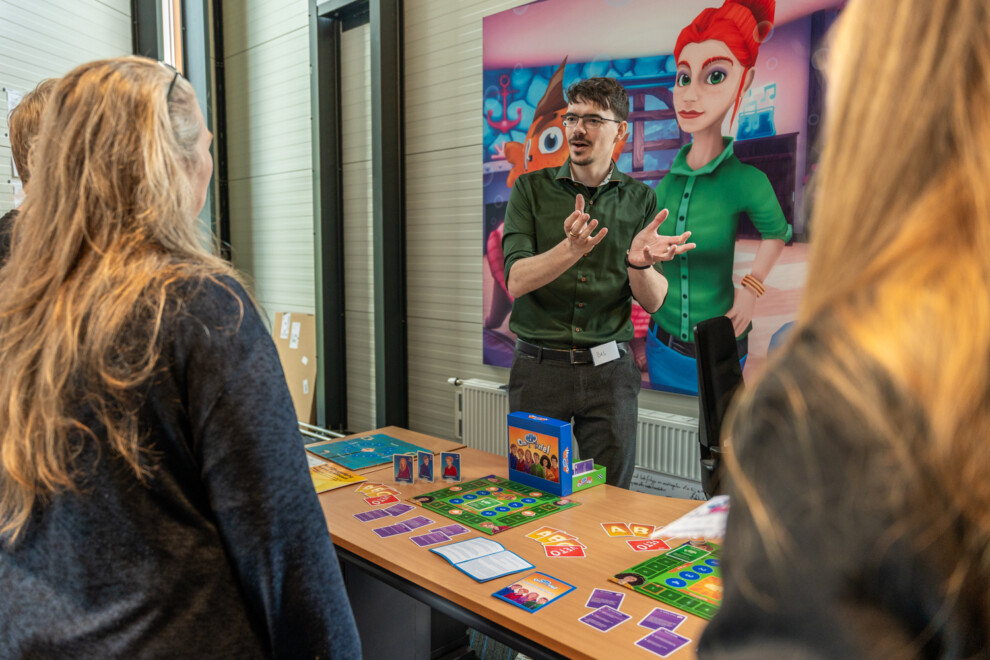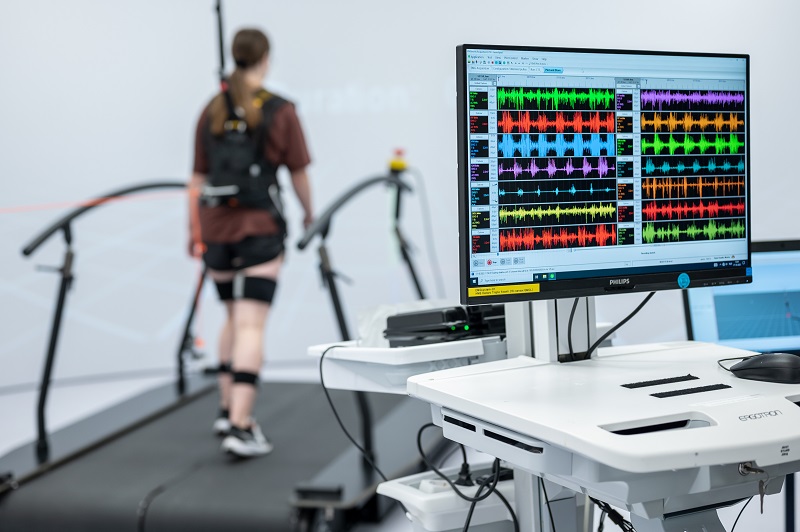 Approach
Approach
Johan van der Meulen (8D Games) led a brainstorming session to establish the practical frameworks for the intervention. During this session, all strict design requirements were defined, such as adaptability, different levels and integration within existing infrastructures. Key outcomes: the intervention had to be scalable and adaptable – as well as suitable for patients with various exercise levels and mobility abilities.
Based on the results of the Problem Storm, Team 8D developed several creative concepts. After the idea phase, we weighed all the pros and cons of the concepts. And most importantly, the extent to which the concept would meet the project goals and hard requirements. A modular “experience route” with QR codes proved the best fit. With each QR code, patients get access to engaging, educational or inspirational content about health and wellness during the (Frisian) Middle Ages. In addition, each point of interest includes a video, created by physical therapists, with exercise instructions tailored to different levels of difficulty.
The advantage of this type of route is that healthcare professionals can always recommend a specific route that matches the patient’s exercise needs and abilities. For example, the patient may perform three exercises one day, six the next, or follow a particular sequence that is conducive to their recovery. The “museum content” stimulates curiosity and contributes to mental well-being. There is also something to do in the hospital!



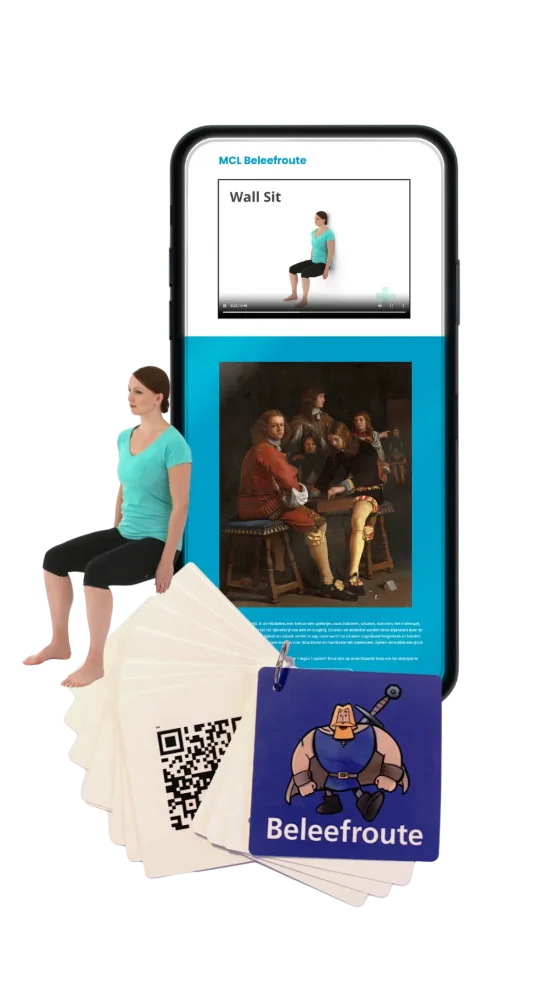
 Approach
Approach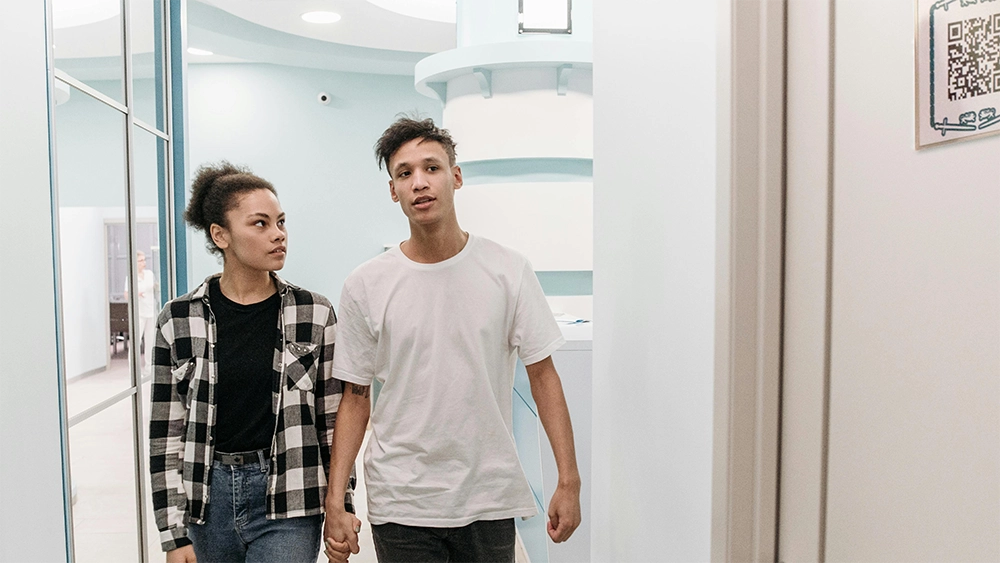
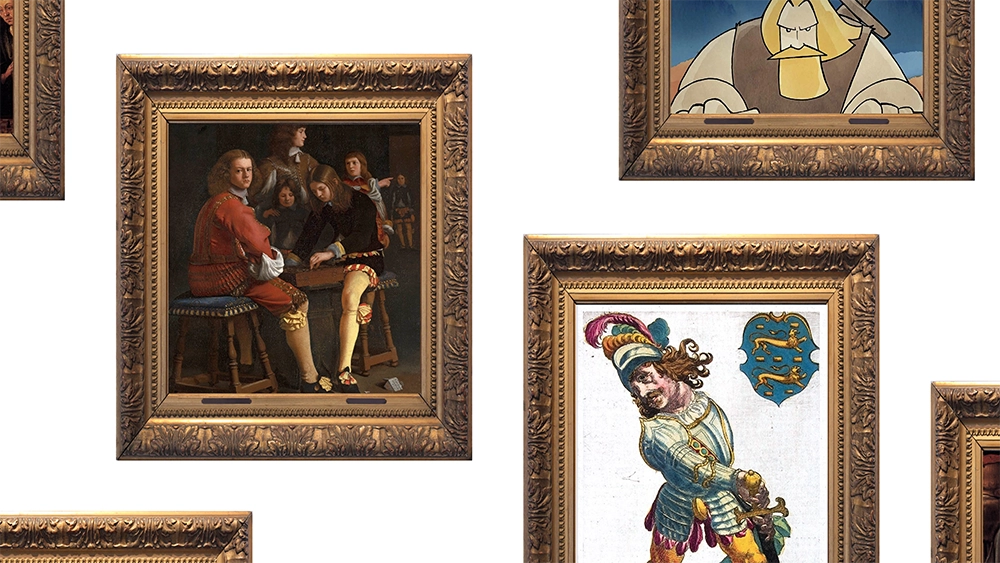
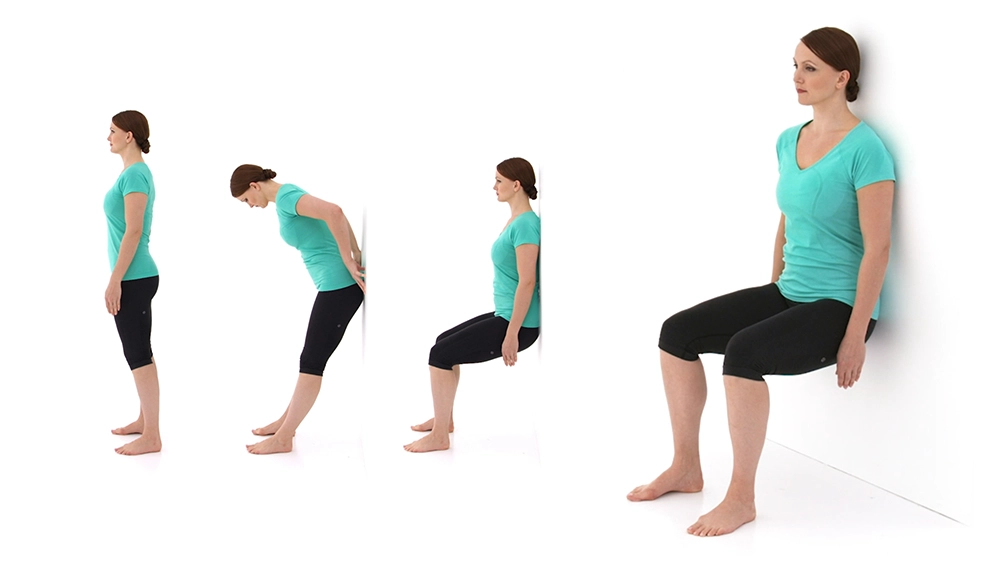
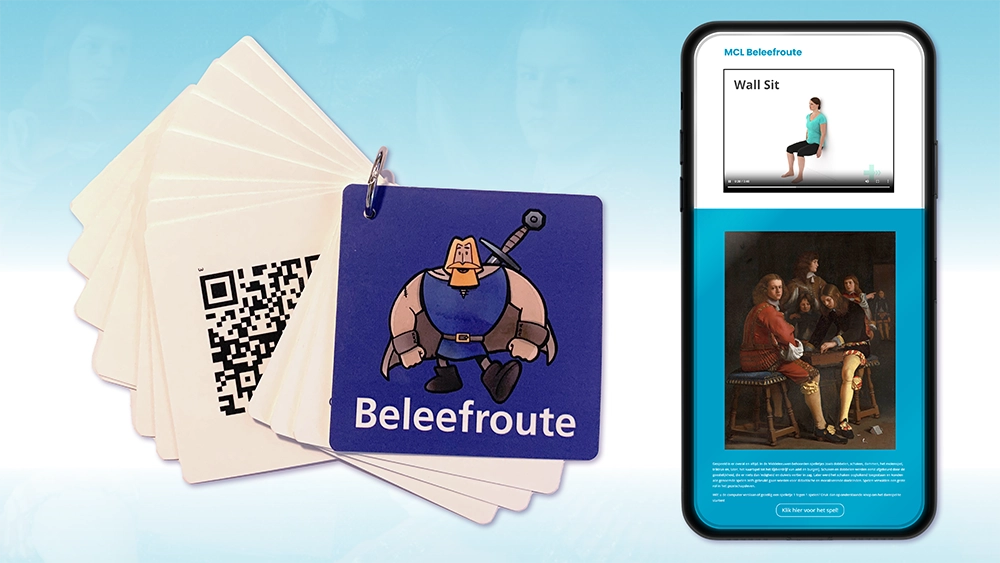
 Results
Results